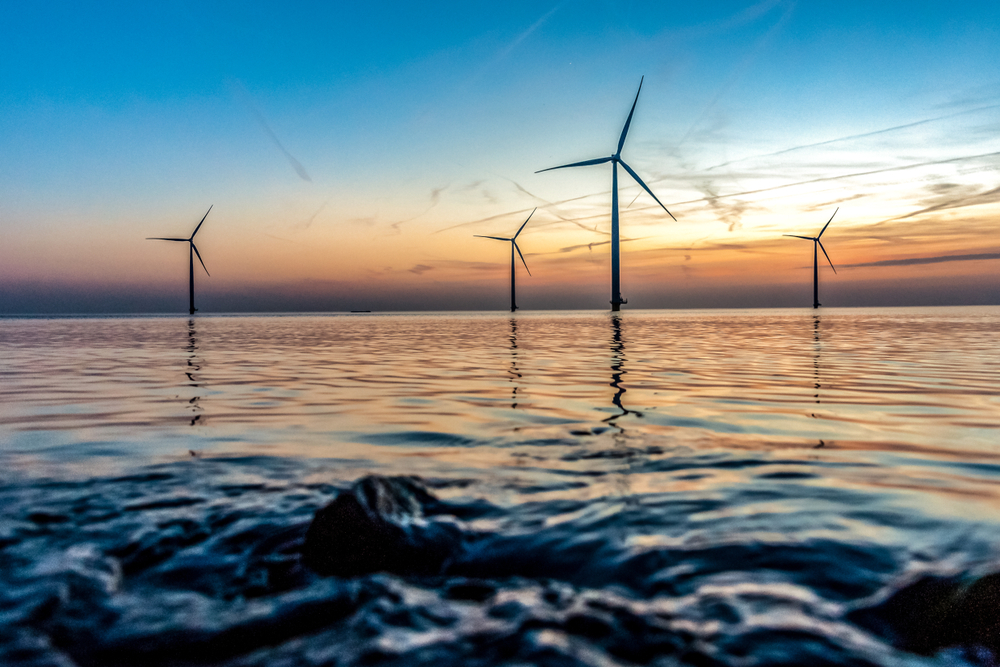What our Clients Say About Us
The green lining: Europe’s march to clean energy
Putin’s war, aside from creating one of the largest humanitarian crises in recent decades, has highlighted the need for Europe to wean itself off Russian oil and gas and accelerate the continent’s transition to renewable energies.
In this article I’ll explore Europe’s dependence on Russian fossil fuels, the need for policy makers to make a wartime effort to move to alternate energy sources, and the companies and sectors set to benefit from this transition.
Europe’s thirst for Russian fossil fuels
Russia’s invasion of Ukraine combined with a series of ongoing financial sanctions have upended global commodity markets, creating an energy crisis of levels not seen since the 1970s. This is having significant knock-on effects to countries around the globe, even here in Australia (an incredibly resource-rich country), where fuel prices have reached record levels well above $2 per litre!
However, nowhere is as dependent on Russian oil and gas as Europe, the energy system which supports more than 440 million people1, and sources more than 40% of its annual energy consumption from Russia2. Europe currently is spending as much as $1 billion3 a day to pay for coal, gas and oil imported from Russia, and as a result indirectly funding the war machine that’s rolling through Ukraine.
The green wave
The war in Ukraine has already revealed that the modern financial system can be weaponised in ways never before seen. Now the same might be true of the energy transition.
Whilst in the short term finding alternative sources of gas and oil will help with energy price stability within Europe, longer term increased investment in alternative fuel sources will be needed not only to transition to net zero carbon emissions by 2050 but also to ensure the energy security and therefore the national security of European nations.
Prior to the war the European Union (EU) planned to cut carbon emissions by 55% by 2030 at a cost of 350 billion euros in energy infrastructure investment per year – enough to reduce its overall gas consumption by 30%4 .
However, the posture of the EU’s biggest economy has changed rapidly during the crisis, with Germany committing an additional 200 billion Euros5 to bring forward its goal of 100% renewable energy by more than a decade6. The German Finance Minister Christian Lindner, of the neoliberal Free Democratic Party (FDP), now calls renewables “freedom energies,” while Chancellor Olaf Scholz labels them “crucial for our security”.
The green switch
The International Energy Agency (IEA) this month issued a 10-point plan to reduce reliance on Russian fossil fuels, by approximately half of what Europe imported last year7, through a mixture of diversification and economy. The organisation says these measures could be enacted in the next year, reducing reliance on Russian gas by two-thirds before Christmas, and abolishing all Russian fossil fuels – including coal and oil – by 2030.
Included in this plan is the acceleration of the deployment of new wind and solar projects in 2022 to effectively increase energy output to 100 terawatt-hours (TWh), a rise of more than 15% from 20218. The impetus on renewable companies to meet the short fall in Russian fossil fuels has seen shares in companies such as Vestas Wind Systems A/S (VWS) and Siemens Gamesa Renewable Energy (SGRE) soar over the past month.
Tail wind
Whilst increasing the supply of renewable energies ultimately will reduce Europe’s reliance on Russian fossil fuels, the acceleration of energy efficiency improvements in building and industry will play an increasingly important role. According to the We Mean Business Coalition, European buildings use around 50% of total energy consumed by the bloc. Companies such as NIBE Industrier AB (NIBE) (a Swedish-based corporation that develops and manufactures intelligent, energy-efficient indoor climate control solutions for all types of properties) will need to help in order to reduce overall gas and oil consumption in Europe.
How to get exposure
Australian investors can access companies such as VWS, SGRE and NIBE through the BetaShares Climate Change Innovation ETF (ASX: ERTH), which provides exposure to a diversified portfolio of global companies leading the fight against climate change.

